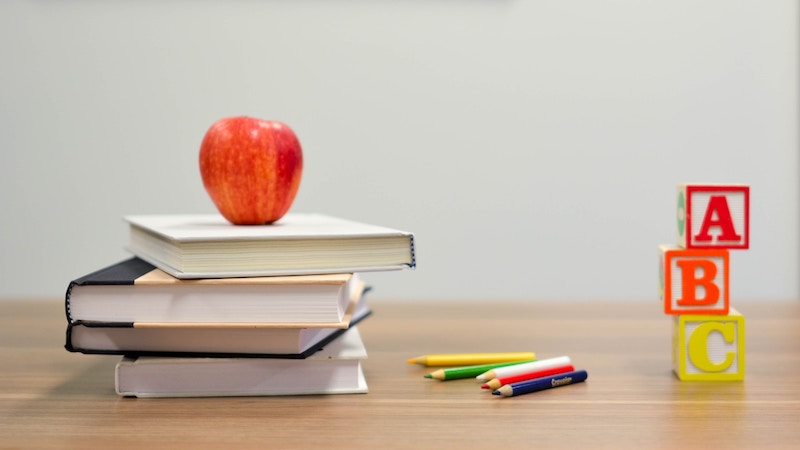Making School a Priority
Episode #1 of the course Helping your child become a better student by Rebecca Jordan
Welcome to the course! I am Rebecca. I have been in elementary education for ten years. One of my favorite elements of the teaching profession is writing curriculum and helping students become the best versions of themselves they can be. The ability for teachers and parents to work together is vital to the success of students and is also easier than ever with the advent of new technology in today’s “edtech” age.
As an elementary school teacher for the past nine years, I have seen over 360 students come and go through my door. The most successful of those students were the ones whose parents and guardians viewed school as the priority in their child’s life—not to place stress on the child, but to impart the idea that we each have a job to do each day, i.e., the importance of your job is equivalent to the importance of the child’s job to go to school and do their best each and every day. There are many ways you can send your children the message that education is the key to their success.
The first step in helping your child become a better student is making school a priority. For example, before sending your child on the bus or dropping them off in the carpool line, be sure to tell your child to learn three things that day. This is an assignment that is a special contract between you and your child! This also sets their intention for the day. They will be sure to pay special attention in class because they will not want to let you down in their report to you in the evening. Not only will this promote attention in class, but it will also strengthen the bond between you and your child by sharing this each day. This also prevents your child from uttering the ever-dreaded response of “fine” to the question, “how was your day?” and leads to a more meaningful conversation.
Next, do not hold other activities in higher esteem than homework or school assignments. Life is busy, and children are doing more after-school activities than ever, at even younger ages. However, school work should never be put on the back-burner. If I had a nickel for every time a parent sent a note in that their child did not do their homework because they had baseball practice or a dance recital, etc., I would most definitely be living on my own private island! This sends the message that school is not as important as whatever activity trumped completing their homework that evening. It also permits your children to make excuses because you have modeled how to do so for them. It’s as simple as monkey see, monkey do!
Lastly, talk to your children about school. This is the bookend to the first step of telling them to learn three things. At the end of the day, whether it is in the car, at the dinner table, sitting on the couch, or wherever, turn off the TV, put away the phones, and ask them to tell you about their day from start to finish. I remember, as a child, my father started asking questions from what I ate for breakfast to what I did when I got home from school. If you frame their answers and give them simple prompts that they can recall without much thought, you are forming the habit of this exchange every day! Even if you have not done this practice from an early age, children always want to share their feelings with people who they know care—and who could care more than you?
Making school a priority is the first step in helping your child become a better student. Modeling the practice of valuing education will inevitably lead your children to do the same. Tomorrow, we will examine how to form a relationship with your child’s teacher—straight from the horse’s mouth!
Recommended book
How to Talk So Kids Will Listen & Listen So Kids Will Talk by Adele Faber, and Elaine Mazlish
Share with friends

